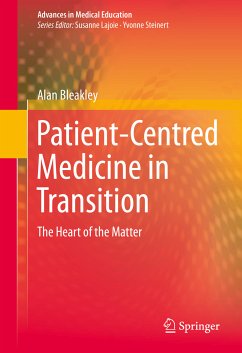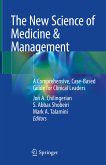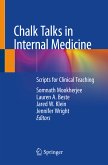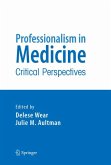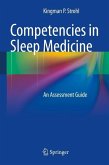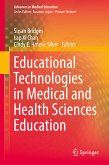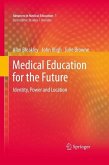The recent history of medicine is one of great biological and technological advances. Diagnoses are being made earlier, diseases caught sooner, patients living longer. And yet there is one area that lags behind the rest of the field: despite the efforts of graduate courses and training manuals, too many doctors still find communication a challenge.
In Patient-Centered Medicine in Transition, the focus is not on skills or tools but on context to improve communication not only with patients, but between colleagues, with management, and within and across teams. Rigorous and readable, this timely manifesto presents new models of team process in patient-centered care, emphasizing their value in reducing harmful medical errors and improving patient care, safety, and outcomes.
Further, the author provides significant research evidence supporting democratic approaches to communication in medicine while also addressing vital questions of ethics, empathy, gender dynamics, and physician self-care. Included in the coverage:
Patient-Centered Medicine in Transition offers a bold new reconceptualization of an important topic and a roadmap to new frontiers in practice to be read and discussed by researchers and practitioners in medical education.
In Patient-Centered Medicine in Transition, the focus is not on skills or tools but on context to improve communication not only with patients, but between colleagues, with management, and within and across teams. Rigorous and readable, this timely manifesto presents new models of team process in patient-centered care, emphasizing their value in reducing harmful medical errors and improving patient care, safety, and outcomes.
Further, the author provides significant research evidence supporting democratic approaches to communication in medicine while also addressing vital questions of ethics, empathy, gender dynamics, and physician self-care. Included in the coverage:
- The epidemic of communication hypocompetence.
- Patient-centeredness without a center.
- How doctors think can be judged from how they listen and speak.
- Working and learning in teams in the new era of health care.
- Blunting Occam's Razor: team process and complexity theory.
- Building a collaborative community in medical education research.
Patient-Centered Medicine in Transition offers a bold new reconceptualization of an important topic and a roadmap to new frontiers in practice to be read and discussed by researchers and practitioners in medical education.
Dieser Download kann aus rechtlichen Gründen nur mit Rechnungsadresse in A, B, BG, CY, CZ, D, DK, EW, E, FIN, F, GR, HR, H, IRL, I, LT, L, LR, M, NL, PL, P, R, S, SLO, SK ausgeliefert werden.
From the book reviews:
Selected as "Highly Commended" at BMA Medical Book Awards for 2014.
"'This book usefully brings together the history, development and important tenets of patient-centred medicine, making it an almost unique reference for this important area of change in how medicine is delivered. ... brings together a wealth of evidence and information that may well be pivotal in both changing the way we educate our future health professionals, particularly doctors, but also deliver healthcare.'" (BMA Medical Book Awards, September, 2014)
"The book draws on psychology, sociology, the arts, humanities, feminism, linguistics and philosophy. ... This is a book aimed mainly at the serious student of communication - gold dust if you are doing a PhD or a master's in professional practice. It would also sit well on the shelf of the front line clinician seeking to understand the numerous situations in clinical practice that are bedevilled by conflict, crossed wires, unvoiced anxieties and other communication failures." (Trish Greenhalgh, Nursing Standard, Vol. 29 (20), January, 2015)
Selected as "Highly Commended" at BMA Medical Book Awards for 2014.
"'This book usefully brings together the history, development and important tenets of patient-centred medicine, making it an almost unique reference for this important area of change in how medicine is delivered. ... brings together a wealth of evidence and information that may well be pivotal in both changing the way we educate our future health professionals, particularly doctors, but also deliver healthcare.'" (BMA Medical Book Awards, September, 2014)
"The book draws on psychology, sociology, the arts, humanities, feminism, linguistics and philosophy. ... This is a book aimed mainly at the serious student of communication - gold dust if you are doing a PhD or a master's in professional practice. It would also sit well on the shelf of the front line clinician seeking to understand the numerous situations in clinical practice that are bedevilled by conflict, crossed wires, unvoiced anxieties and other communication failures." (Trish Greenhalgh, Nursing Standard, Vol. 29 (20), January, 2015)

